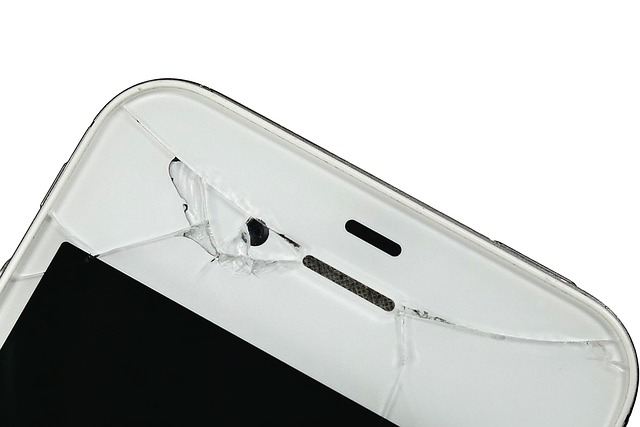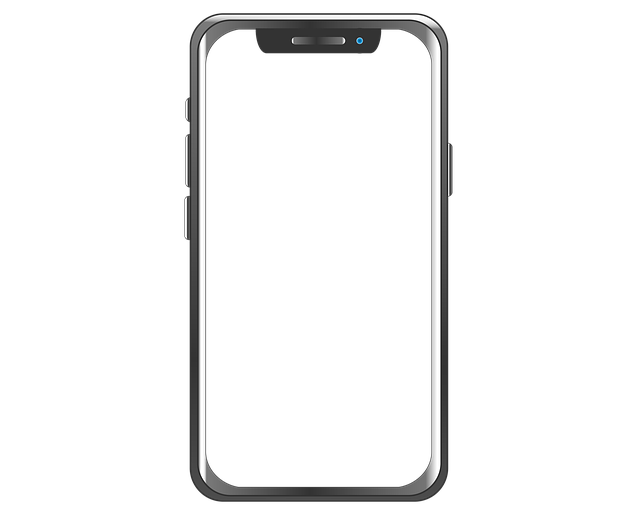Understanding and navigating Debt Collector Laws in New York is crucial for consumers facing aggressive debt collection practices, with key protections offered by the Fair Debt Collection Practices Act (FDCPA) and overseen by the NYDFS. Debtors have rights to dispute debts, requiring collectors to provide valid proof such as contracts or invoices. To dispute a debt, gather documents, write a detailed letter, keep records of communication, and refuse payment without proper proof. This structured approach ensures compliance with New York's debt collection laws while protecting consumer rights.
“Unsure how to handle persistent debt collection calls? Understanding your rights under New York’s strict debt collection laws is crucial. This comprehensive guide equips you with the knowledge to identify valid debts and navigate the process of disputing them effectively. From recognizing illegal collection practices to learning the step-by-step procedures, we demystify the system. By familiarizing yourself with these guidelines, you can assert your legal rights as a New York resident and ensure fair treatment from debt collectors.”
Understanding Debt Collection Laws in New York

Understanding Debt Collection Laws in New York is crucial for anyone facing debt collectors in this state. New York has strict regulations that govern how debt collectors can interact with debtors, protecting consumers from aggressive or unfair practices. The New York Department of Financial Services (NYDFS) oversees these laws, ensuring that debt collection agencies operate within ethical boundaries. One significant law is the Fair Debt Collection Practices Act (FDCPA), which prohibits debt collectors from engaging in abusive, false, or deceptive acts when attempting to collect a debt.
Debtors in New York have rights under these laws, including the right to dispute any claimed debt and request validation of the debt from the collector. They can also demand that communication be ceased unless the collector intends to take specific legal action. Understanding your rights is essential, as it allows you to navigate the process effectively and protect yourself from potential violations of debt collection laws in New York.
Identifying Valid Debts and Bill Collectors

When disputing debts with collectors in New York, it’s crucial to start by identifying valid debts. According to the Debt Collector Laws in New York, a debt collector must have evidence that you owe the money. This includes original contracts, invoices, or any other documentation proving the existence and amount of the debt. It’s also important to verify if the debt collector is acting within their legal rights and following the Fair Debt Collection Practices Act (FDCPA).
Bill collectors in New York must provide certain information when contacting you about a debt. They should identify themselves, the creditor they represent, and the nature of the debt. If a debt seems invalid or there are discrepancies in the amount or authenticity, it’s your right to dispute it. Keep records of all communications, including dates, names, and details discussed, as these will be crucial if the situation escalates.
Disputing Debts: Your Legal Rights and Steps to Take

When faced with a debt collection issue in New York, understanding your legal rights is crucial. The Fair Debt Collection Practices Act (FDCPA) protects consumers from abusive or unfair practices by debt collectors. In New York, these protections are further solidified by state laws that regulate debt collection activities. If you believe a debt is inaccurate, excessive, or if you dispute the validity of the debt, you have the right to challenge it.
To dispute debts effectively, follow these steps: first, gather all relevant documents related to the debt, such as original contracts, payment records, and any communication with the collector. Next, send a written letter to the collector stating your dispute, including specific reasons why you believe the debt is inaccurate or invalid. Ensure you maintain copies of all correspondence. If the collector fails to provide valid proof of the debt, you can refuse to pay and continue disputing it.
Navigating the Process: What to Expect and How to Proceed

Navigating the process of disputing a debt with collectors in New York requires understanding your rights and the legal framework surrounding debt collection practices. The first step is to gather all relevant information, including proof of identity, documentation related to the debt, and any communication you’ve had with the collector. Once prepared, review the debt collection laws in New York, such as the Fair Debt Collection Practices Act (FDCPA), which protects consumers from abusive or false practices.
When proceeding, maintain a calm and professional demeanor during interactions with collectors. Document every conversation, including dates, names of individuals involved, and the content discussed. You have the right to request validation of the debt, demanding proof that it is yours and that the amount is accurate. If errors are found or if you dispute the validity of the debt, send a written response to the collector detailing your reasons for disagreement. This structured approach ensures you remain protected under the debt collection laws in New York while effectively disputing the debt.






